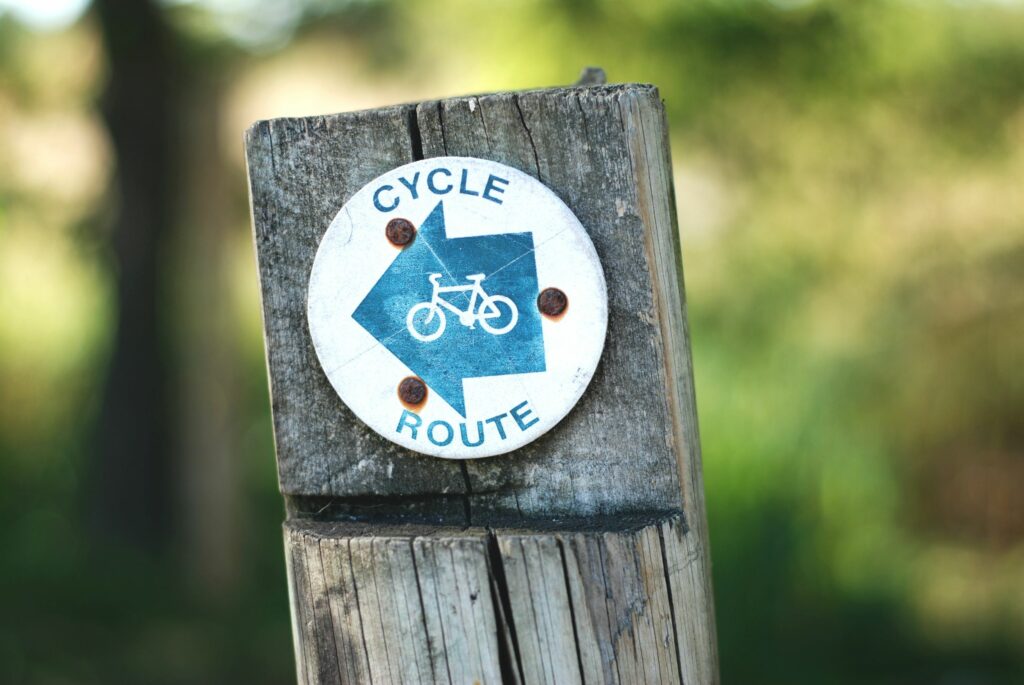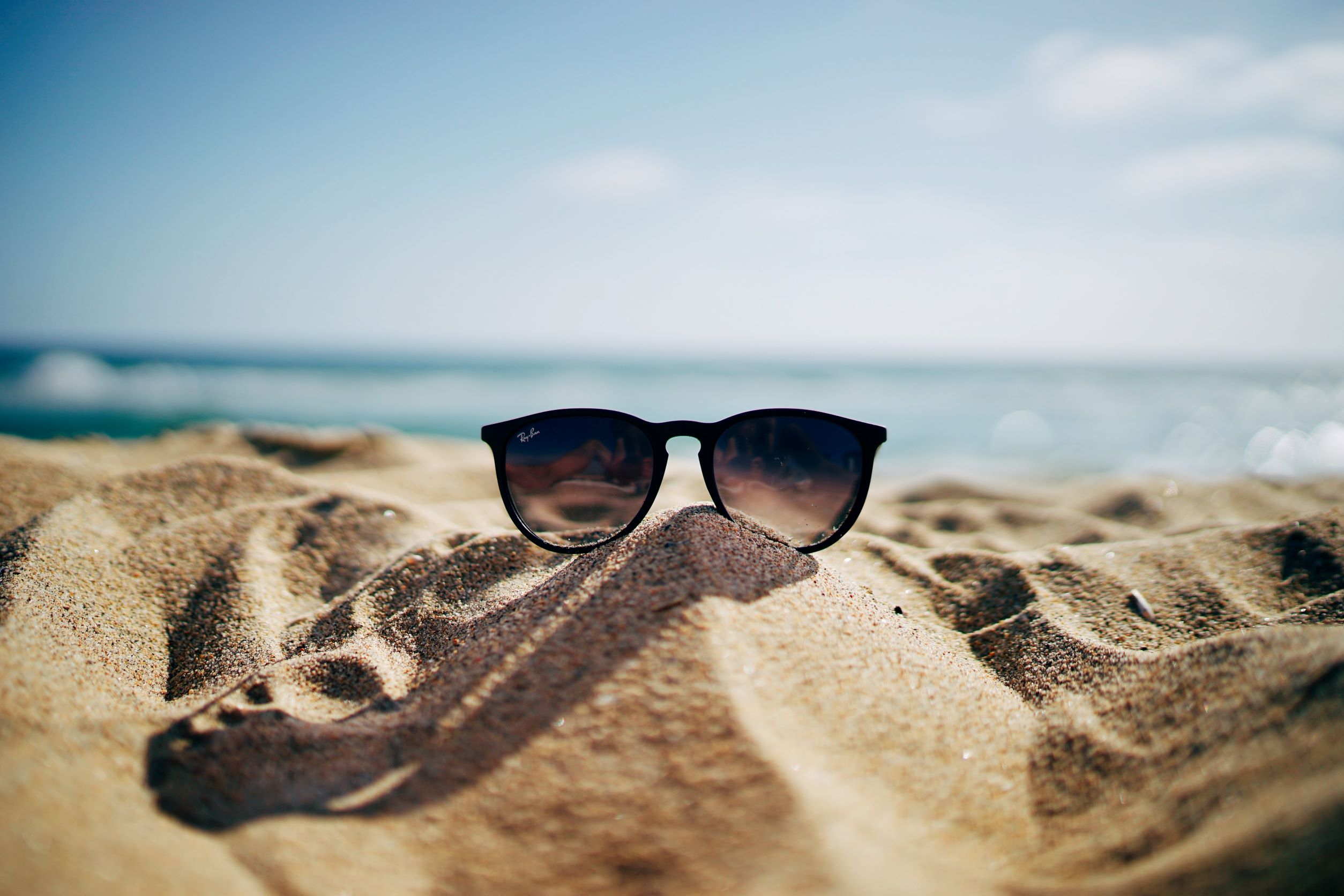Travelling, going on road trips, ships, taking the plane and seeing the world is much more of human need than just a trendy lifestyle. However, with the rising temperatures and the increasing costs of energy, thus of commodities, having vacation has become more difficult to bear over the years – both for the travelers and for the planet, especially after CoVid-19.
Is it then possible to enjoy a trip and protect the environment?
The more realistic answer would be not, because other than staycation, or a quick bike trip, you can barely travel without using means of transport, thus adding more greenhouse gas emissions. It is then important to think about other aspects that can change in order to make the trip less wasteful and pollutant. In a doctoral thesis on “Eco-friendly travelling: The relevance of perceived norms and social comparison” written by Rouven Doran, the exposure of tourists to positive opinions on eco-friendly attitudes has been studied. The results show how tight the link between “injunctive social norms and behavioral intentions” can be, which influences touristic activities.
Therefore, traveling with people who are aware about the environmental crisis can make the whole vacation eco-friendlier. Some simple tips are provided by the World Wide Fund for Nature (WWF). Although they may sound simple, if all vacationers apply them, there could be a positive improvement in the sector of transport in general. Choosing a close location, the form of transport, the food consumed in hotels or other places you are staying in and even avoiding renting a car or taking taxis are all good behaviors for your new traveling routine.

Moreover, trying to avoid plastic bags as much as possible when packing is also helpful. Mini-travel-size products for shampoos, lotions and other liquids are easy to carry and reduce the packaging – if you are concerned about the amount of product, look for the compact bottles. If you are going on a trip on the beach or where you will be swimming frequently, try to avoid blow-drying your hair frequently – it costs a lot of energy and can even damage your hair. Instead, find ways to air-dry your hair and style it, so you can enjoy water and make a small stylish and sustainable step.
Another interesting research on “Consumer behavior in tourism: Concepts, influences and opportunities” by Scott A. Cohen presents the key role played by the expectations of the services received during vacation on travelers’ consumption. All in all, some of the usual comfort may be tightened up when thinking about the environment but the commitment to the planet’s protection should also be encouraged by hotels and accommodation. Kind eco-friendly messages in rooms can be motivational because they make the eco-concern a shared goal by individuals and establishments.
To conclude, it is possible to protect the environment when travelling, although through small changes. Every action counts in the wait of more elaborated policies.

